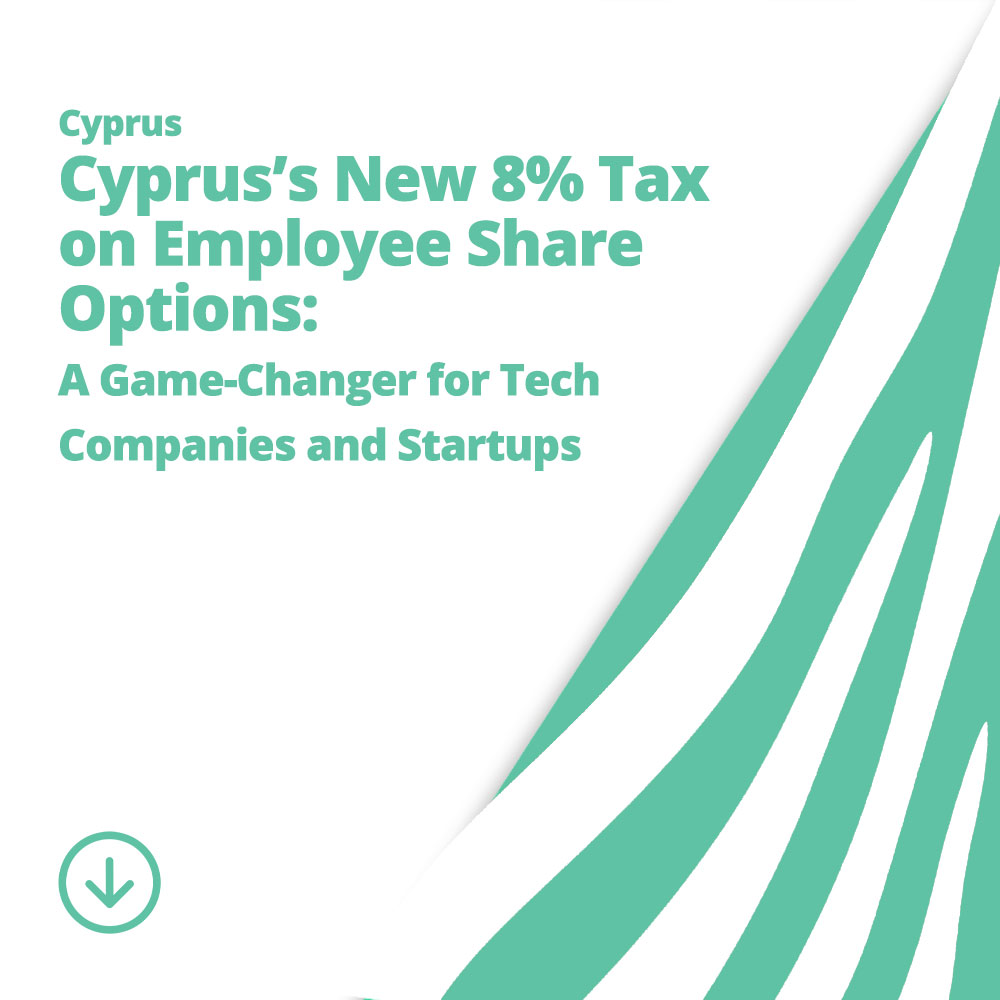Tell me about your proudest achievement…This is one of the most common clichés of interview questions encountered by candidates for jobs. But imagine being asked that question by a robot avatar, the interview recorded by a webcam and your fate being in the hands of some faceless Artificial Intelligence algorithm. If you didn’t feel that keen on working for an employer that used robots to interview potential employees, a smart answer might be:
“Well, I think my proudest achievement was having the self-respect to cut short an interview conducted by a machine!” as you deftly close the lid of your laptop, congratulate yourself for having dodged a bullet and go make a coffee.
But sadly, wit was once defined by Oscar Wilde as “what you wish you had said…” – in the real world, we need jobs and sometimes might have to do things we feel strongly against in order to find meaningful employment.
This trend by some companies of using AI-driven and assessed initial interview procedures is seen by many as a disturbing phenomenon. A recent article on LinkedIn summarised the concerns of many people.
Let’s remember that this isn’t just a case of a video recording being watched later by a couple of HR people; it can involve full profiling by AI, assigning a score to a person on the basis of sentiment analysis and answers. A related article in The Asahi Shimbun newspaper quotes from a Japanese restaurant chain company:
“Yoshinoya Holdings Co uses AI that informs assessments conducted by human recruiters after the interviews, but the AI can also grade job seekers… More than 20,000 people have been interviewed by the AI system… After the firm fed the AI with the evaluations carried out by specialised staff, it learned how to conduct assessments on par with human experts.”
But despite claims that these AI processes help to select candidates better at the early stage of recruitment, there seems little motivation other than cost cutting. A recent article in the UK’s Financial Times highlighted research by the University of Sussex, which found:
“…a lack of transparency about the processes involved in AI interviews and a lack of understanding about how young jobseekers are affected. Young people, careers advisers and employers often do not fully understand the implications and the effects of these new technologies on both the hiring process and young interviewees.”
In particular, younger candidates were found to experience feelings of negative self-perception after being interviewed by a machine. A machine can’t put a person at their ease, there’s no body language, no reassuring smiles, just another question barked by an irritating robotic voice or simply typed on screen. It could wrong-foot even the most silver-tongued sales candidate! Many people have reported feeling inadequate after such interviews; that they weren’t given the opportunity to expand, change their answer, or add an explanatory few words.
The University of Berlin’s School of Business & Economics is another high-profile organisation using asynchronous video interviews. They provide a guidance sheet for candidates to read before undergoing the ordeal. It provides almost no justification for the use of the process other than the fact that an interviewer does not need to be present. They state:
“A phone interview can only give a small glimpse into your skills and personality. You benefit greatly from the fact that we can get a more complete picture of you…
A big advantage compared to a telephone interview is the complete independence regarding time and place. For an asynchronous video interview, there is no need to spend a lot of time coordinating schedules for an initial appointment, because it can be carried when you and we are available, independently of each other.”
And it’s not just candidates and academics that are becoming increasingly worried about this trend. Governments also have legitimate concerns. For example, in the United Kingdom, Article 22 of the UK GDPR has additional rules “to protect individuals if [companies] are carrying out solely automated decision-making that has legal or similarly significant effects on them.”
It continues:
“…[employers] must explain how people can access details of the information used to create their profile. [There must be] procedures for customers / [candidates] to access the personal data input into the profiles so they can review and edit for any accuracy issues.”
Yet when we researched a few of these platforms, we could find no or very little mention on how such safeguards could be set up by employers, aside from some mere lip-service to GDPR.
It is true that candidates must freely give consent to the AI profiling before the interview, but if they don’t consent, they won’t be eligible to be considered for the job. That’s not free consent. It’s coercion.
The final word should perhaps go to Princeton Computer Science Professor Arvind Narayanan, whose comment was quoted on LinkedIn:
“If you view people as a cost to be minimized (as most organizations do) then you’ll look for ways to save on recruitment expenses and be drawn to the latest digital ‘snake oil’…”
We couldn’t have put it better. So if you regard people as an important part of your organization, understand the importance of face to face screenings by humans, or you’d like to work for a company that does, contact us today at Emerald Zebra. We’re human.
Emerald Zebra is a new niche Tech and Finance sector recruitment consultancy in Cyprus and founded by the renowned leading recruitment industry executive, Donna Stephenson. EZ exists to service the financial and technology jobs market across Cyprus and beyond. Its inception is in response to the ongoing attraction and facilitation of foreign direct investment in key economic areas in Cyprus, as well as the promotion of Cyprus as a world class investment destination and tech hub.



